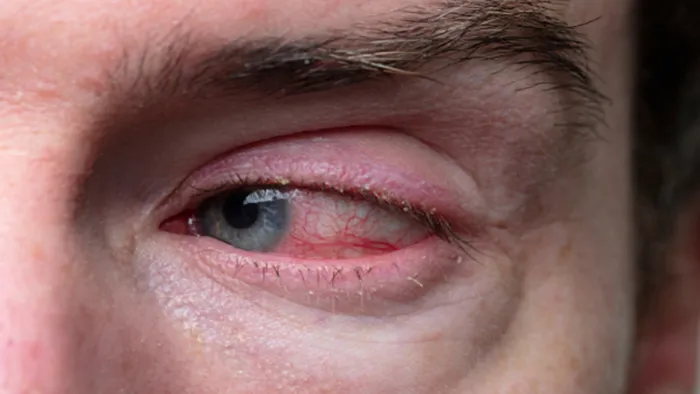Due to a deficiency in Omega 3, there is a risk of various health problems, including skin irritation and dryness, depression, dry eyes, joint pain and stiffness, and changes in hair health. However, taking supplements along with food can correct the Omega 3 deficiency and reduce these health risks. In this article, we will discuss the diseases caused by Omega 3 deficiency and how to identify them.
What is Omega-3 Fatty Acid?
Omega-3 fatty acids are a type of nutrient that can be obtained from certain foods or supplements. They are essential for maintaining good health and are an important component of every cell in the body. They also serve as a source of energy and help ensure that the heart, lungs, blood vessels, and immune system function properly.
Is omega-3 deficiency common?
Yes, omega-3 deficiency is very common. There are three main types of Omega-3: EPA, DHA, and ALA. EPA and DHA are found in some types of fish, while ALA (alpha-linolenic acid) is found in plant sources such as nuts and seeds. A deficiency in Omega-3 can lead to various health problems, so it is important to consume Omega-3 fatty acids. It takes a few weeks to correct an omega-3 deficiency but it may take a few months to see a significant change in symptoms
Plant-Based Sources (ALA)
- Flaxseeds
- Hemp seeds
- Chia seeds
- Walnuts
- Soybeans
- Perennials
- Brussels sprouts
Animal-Based Sources (EPA & DHA)
- Salmon
- Sardine
- Herring
- Anchovies
- Oysters
- Eggs
Signs and Symptoms of Omega-3 Deficiency
Depression
If you have a deficiency in Omega-3 fats, the first symptoms you may notice may be in your skin, such as sensitive skin, dry skin, or an increase in acne. Omega-3 fats are an essential component of the brain and have neuroprotective and anti-inflammatory effects.
They may also help treat neurodegenerative diseases and brain disorders such as Alzheimer’s disease, dementia, and bipolar disorder. Several studies have linked Omega-3 deficiency with depression, and one study found that taking Omega-3 supplements improved depressive symptoms.
Dry Eyes

Omega-3 fatty acids play an important role in maintaining eye health and help keep the eyes moist, potentially contributing to tear production. For this reason, many doctors recommend omega-3 supplements to alleviate symptoms of dry eyes, which can cause discomfort and even vision disturbances.
Joint Pain and Stiffness
As one age, joint pain and stiffness can become common occurrences. This can be due to osteoarthritis, a condition where the cartilage covering the bones deteriorates, or due to rheumatoid arthritis, an autoimmune inflammatory condition.
Some studies have shown that taking omega-3 supplements can reduce joint pain and improve strength, but more research is needed to fully understand their impact on humans.
Change in Hair Health
Omega-3 fatty acids are important for keeping both the skin and hair healthy by maintaining moisture levels. A change in hair texture, strength, or density may indicate a deficiency in omega-3s.
A study of 120 women over a 6-month period found that taking a supplement that combined omega-3s with omega-6 fatty acids and antioxidants reduced hair loss and increased density.

